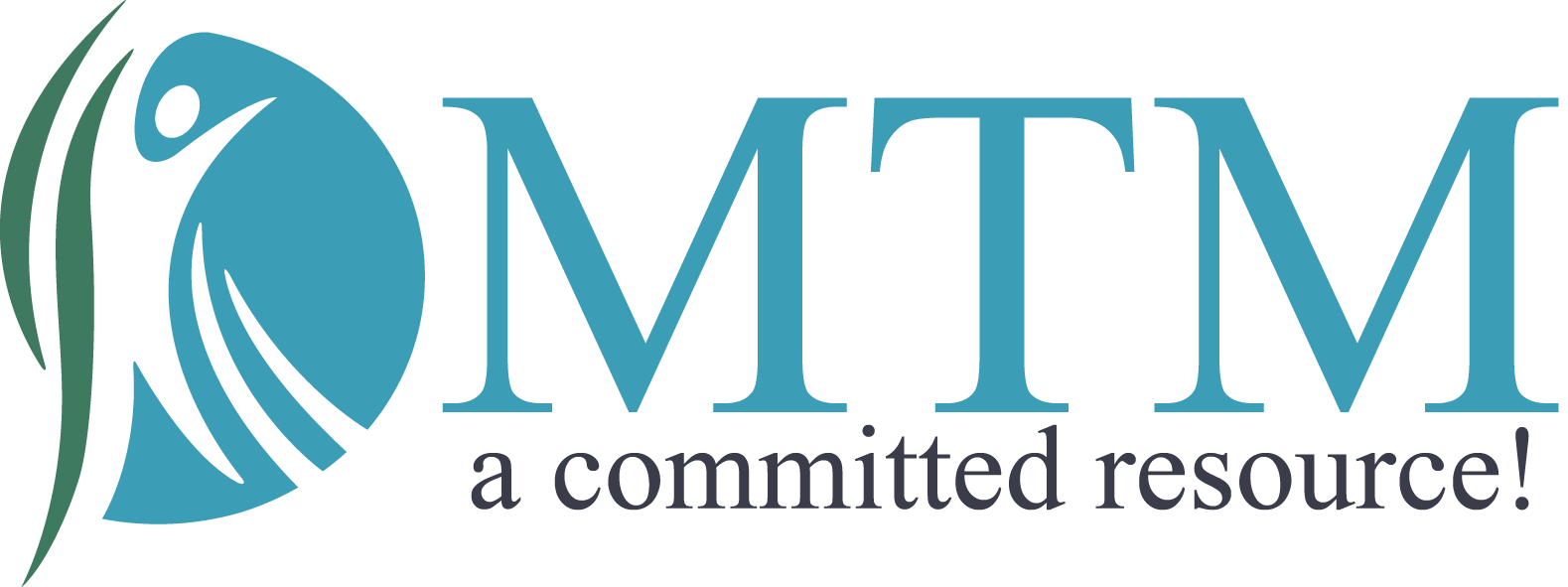Why Q3 Is the Right Time to Review Your Medical Billing Partner
Mid-year RCM review is more than smart planning—it’s a strategic move that can increase collections and reduce denials before year-end.
Re-evaluate your medical billing partner this Q3. Learn warning signs, key metrics, and how offshore RCM can boost revenue and reduce denials.
Most providers don’t realize until Q4 that their billing partner is underperforming—Q3 gives you the time and space to fix it.
As the third quarter unfolds, healthcare practices often shift focus from front-office operations to backend financial health. One area that deserves close attention? Your medical billing partner. The middle of the year offers a perfect opportunity to assess your revenue cycle performance before the high-pressure demands of Q4.
In this blog, we’ll share why Q3 is the best time to conduct a billing performance review, how to identify if your current partner is underperforming, and why offshore RCM solutions are increasingly the smarter choice.
1. Q3 Gives You Breathing Room to Make Strategic Changes
Quarter 3 is typically more stable than the end-of-year rush. That makes it an ideal time to:
- Review billing KPIs like clean claims rate and denial trends
- Identify underpayments or aging accounts
- Run performance comparisons vs. last year or benchmarks
Making changes now allows your team to align new workflows and tech before Q4 budget reviews, patient surges, or staffing shortages.
2. Key Indicators Your Billing Partner May Be Falling Behind
If your revenue has stagnated or collections are inconsistent, these signs could point to an RCM problem:
- High percentage of A/R over 90 days
- Denied claims not appealed within timelines
- Inconsistent or unclear reporting
- Billing errors or missed modifier use
- Slow support response from the billing team
Even a few of these issues can significantly impact your net collection rate and provider reimbursements.
3. Why Offshore Medical Billing Solutions Are Gaining Ground
More healthcare organizations are switching to offshore revenue cycle management (RCM) to improve efficiency, reduce costs, and access specialized expertise.
At Medrina Technology Management, we help clinics:
- Reduce billing costs by up to 50%
- Submit clean claims faster with 24-hour turnaround
- Track denials in real-time
- Meet compliance standards across Medicare, Workers’ Comp, and private payers
Plus, offshore teams often operate across time zones, helping you stay productive even after your local staff logs off.
✅ Case Study: One urgent care group we onboarded in Q3 had $4.3M in aged Workers’ Comp claims. Within 90 days, our offshore team recovered $1.4M by accelerating denial responses and submitting second reviews on partial payments.
4. Metrics to Monitor During Your RCM Review
Here are some industry benchmarks to compare against your current performance:
RCM Metric Ideal Range
Clean Claims Rate 95% or higher
Denial Rate Under 5%
Days in A/R Under 35 days
Net Collection Rate 97% or above
Also review how your billing team handles compliance documentation, payer updates, and technology use (EHR integration, reporting tools, etc.).
5. Don’t Wait Until Q4 — Plan Now for Better Cash Flow
If your billing operations are already strained, waiting until year-end to fix them is risky. Q3 allows time for onboarding new workflows, training, and aligning systems with minimal disruption.
Final Thoughts
A proactive review of your medical billing partner during Q3 can uncover revenue leaks, prevent compliance issues, and improve overall financial performance. Whether you're managing private payers, Medicare, or Workers’ Compensation claims — the right RCM partner makes a measurable difference.
✅ Interested in a Free Billing Audit?
Medrina offers a complimentary review of your A/R performance, claim aging, and denial management approach — no strings attached.
📩 Email us:
info@medtechmgnt.com
ALSO READ
If you’re battling delayed or denied payments, our guide on getting paid on denied Work Comp liens walks you through the AME/QME process and securing payment.
This illustrates why a strong billing and collections strategy—like those discussed in our guide to mastering Work Comp billing and collections—is more vital than ever
To tighten your practice’s billing workflow, consider the enhancements we recommend to refine operations and strengthen revenue flow.
Stay updated with the latest insights and news in medical billing services and workers' compensation billing and collections. Enter your email below to subscribe to our blog
Most Recent Articles






